The air quality update for Dhaka on July 9, 2024, indicates that the city's air quality index (AQI) is currently in the 'moderate' zone, with a score of 54 as of 9:05 am local time. This places Dhaka at the 60th position among cities worldwide with monitored air quality.
In comparison, some of the cities with the worst air quality include Kinshasa in the Democratic Republic of the Congo with an AQI of 174, Baghdad in Iraq with 163, and Cairo City in Egypt with 156.
An AQI score between 50 and 100 is considered 'moderate', indicating acceptable air quality overall, though some individuals who are particularly sensitive to pollution may experience health concerns.
Dhaka, like many urban centers, faces significant air pollution challenges, particularly worsening during winter and improving somewhat during the monsoon season. The AQI in Bangladesh is measured based on pollutants such as particulate matter (PM10 and PM2.5), NO2, CO, SO2, and ozone.
Globally, air pollution remains a major public health issue, contributing to millions of deaths and disabilities annually, according to the World Health Organization (WHO).
Efforts to mitigate air pollution in Dhaka and similar cities are crucial for improving public health outcomes and ensuring sustainable urban development.



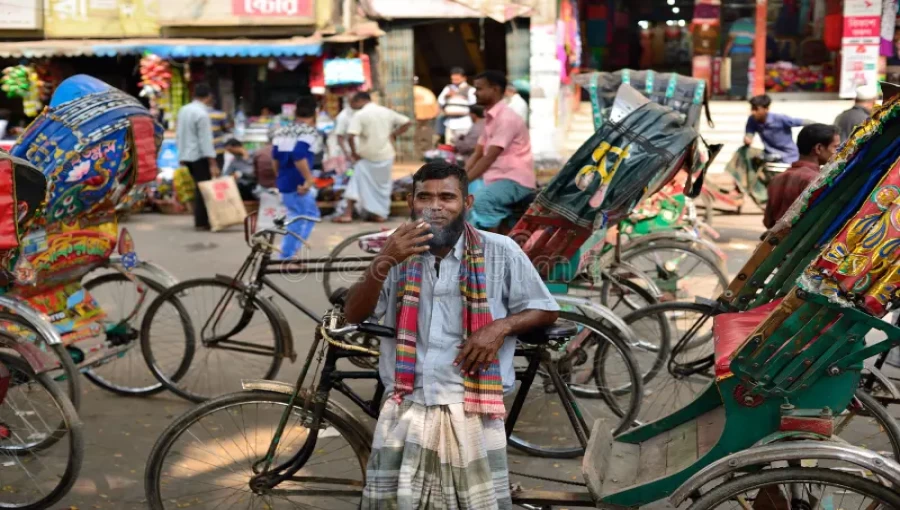





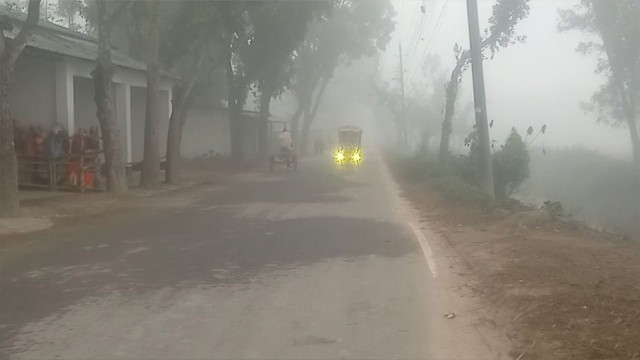



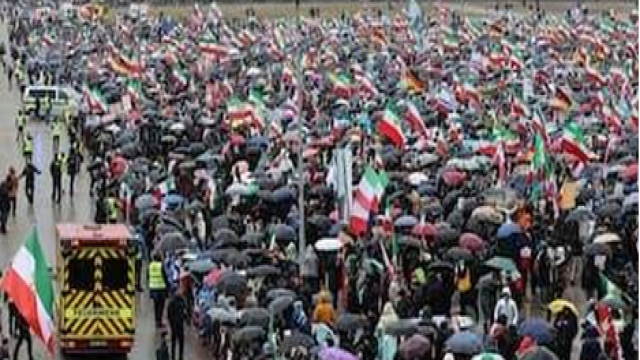


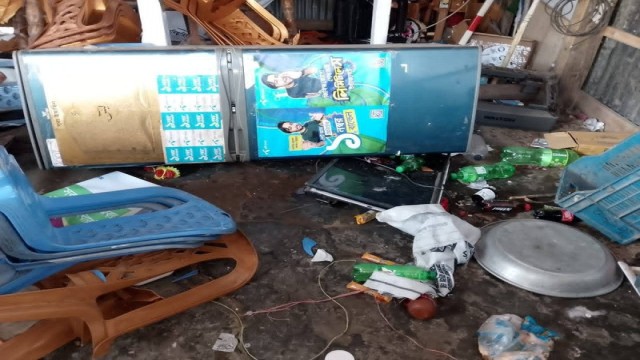


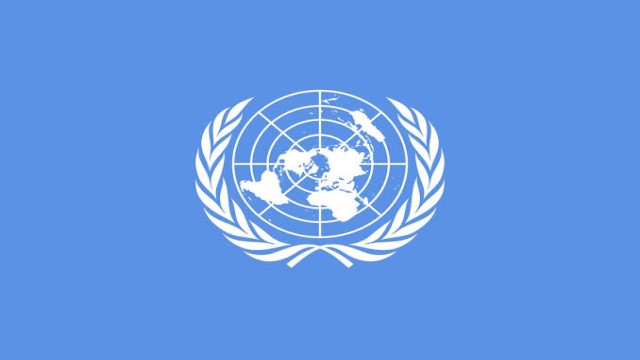










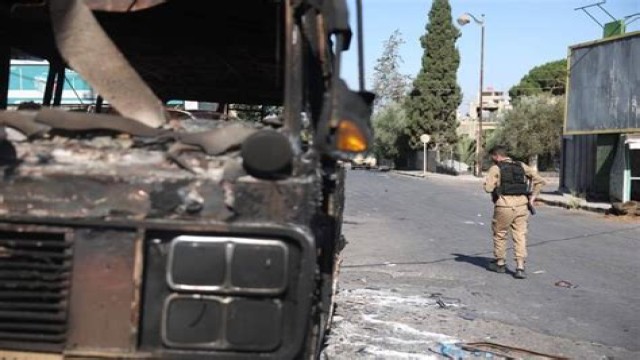
Comment: